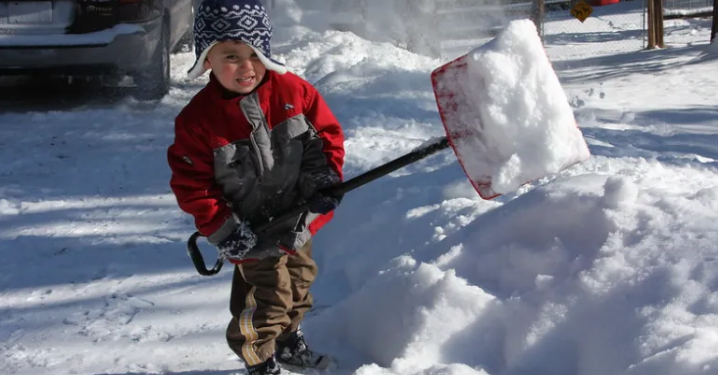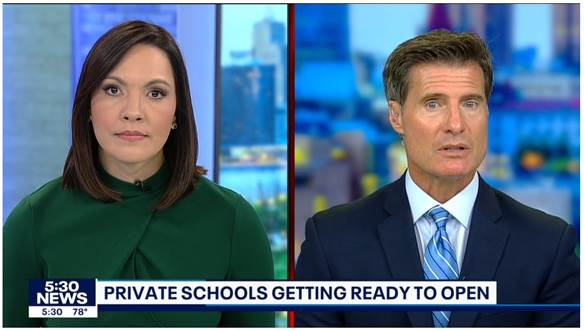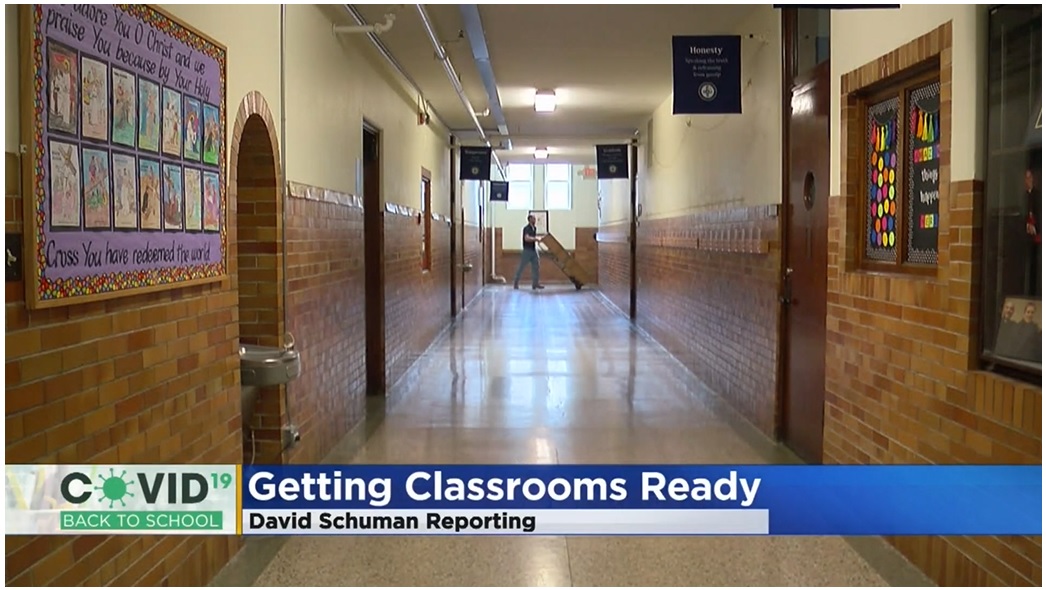Doom and gloom headlines are a dime a dozen these days, as people in the media continue to fixate on the problems in Washington, crime on the streets, and tragedies abroad. Thus it was that the following headline in the Minneapolis Star Tribune caught my eye for the simple reason that it focused on something positive and unusual. “Meet the St. Paul college students making money the Minnesota way: Shoveling snow,” it ran.
The article interviewed three college freshmen, John Voight, Aeden Loftsgaarden, and Alejandro Koenen, about the fledgling snow removal business they started this winter—one of the snowiest on record in Minnesota. Inspired by the first of several large snowstorms that came through the Twin Cities, the trio came up with a business plan and advertised on Nextdoor, earning $3,500 so far.
While the three young men admit that those earnings aren’t enough to make much of a dent in their student loan debt, they’ve discovered a side perk to their snow-shoveling venture: community.
“We meet some really interesting, cool people,” Koenen said. “I think one of our first guys, his name is Jason. He’s like an older dude. Every time we shovel, he comes out and talks to us. Says some really interesting things.” When asked what makes Jason special, Koenen replies: “He’s just a funny guy. Makes us laugh.”
“He’s willing to come out and talk to us,” Loftsgaarden adds.
And with those simple comments, these three young men indicate what a special education they are receiving, not necessarily in the college classes they’re having to pay and arm and a leg for, but in the labor they’re doing in an effort to pay for those classes. American author Wendell Berry puts it best in an essay from his book Home Economics: Fourteen Essays:
Education in the true sense, of course, is an enablement to serve—both the living human community in its natural household or neighborhood and the precious cultural possessions that the living community inherits or should inherit. To educate is, literally, to ‘bring up,’ to bring young people to a responsible maturity, to help them to be good caretakers of what they have been given, to help them to be charitable toward fellow creatures. Such an education is obviously pleasant and useful to have; that a sizable number of humans should have it is probably also one of the necessities of human life in this world. And if this education is to be used well, it is obvious that it must be used some where; it must be used where one lives, where one intends to continue to live; it must be brought home.
In case some of you haven’t shoveled snow lately, I can tell you from personal experience that it is hard work. Although these three students are getting paid for their efforts, the manual labor required in such a job really is a service, and they are investing that service in the community around them. In doing so, they are coming to maturity, learning to show care and love toward people like the older man that they regularly chat with while cleaning out his driveway.
In a society where it’s easier to stay glued to our phones than interact with others, that type of education is rare. And because it is so rare, it is the very thing that will make these young gentlemen a valuable commodity, regardless of the field of work they eventually enter.
Which is exactly why we should model and teach that same type of education to those around us—young and old.
—
This article is republished with permission from Annie’s Attic.
Image Credit: Flickr-oddharmonic, CC BY-SA 2.0











![[downloaded during free trial]](https://oakmn.org/wp-content/uploads/2025/11/iStock-1430368205-120x86.jpg)

